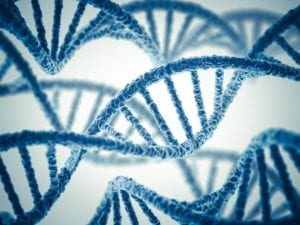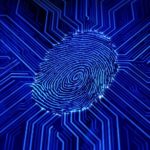QIAGEN and Verogen have joined forces to raise their collective profile in the forensics market. The two companies have signed a distribution agreement that gives QIAGEN the right to sell Verogen products internationally, and they will also work together to develop more comprehensive forensic identification solutions.

In that regard, Verogen is a DNA identification specialist that provides laboratories with sequencing and testing technology to help labs analyze genome samples. The full portfolio includes prep reagents, consumables, instrumentation, and dedicated software and workflows for a range of different sequencing applications.
QIAGEN, meanwhile, develops technology that allows labs to analyze samples at the molecular level. The company plans to optimize its automated sample extraction and prep solutions for use with Verogen’s own ForenSeq prep kits, giving forensic scientists the ability to break down a sample, and to connect that sample to an actual human being. In doing so, they are hoping to create a better human identification workflow for next-generation sequencing (NGS) projects.
“Our mission is to empower the human identification community with innovative tools that can deliver an identification, not just a DNA profile,” said Verogen CEO Brett Williams. “This partnership will make it easier for the laboratories to provide more impactful answers and accelerate adoption and utilization of NGS in forensic operations.”
“The partnership will drive the adoption of NGS in human identification as it will enable our customers to gain even better insights from their casework samples,” added QIAGEN CEO Thierry Bernard. This will ultimately strengthen justice systems all over the world.”
Reports and Data recently predicted that the market for forensics technology will climb beyond $50 billion by 2027. However, privacy advocates are worried that mass DNA sequencing could infringe on people’s civil liberties. The Electronic Frontier Foundation, in particular, has argued that the police should not be able to access the DNA information gathered by consumer-facing genealogy companies like Ancestry.com without a proper warrant.
–
June 30, 2021 – by Eric Weiss






Follow Us